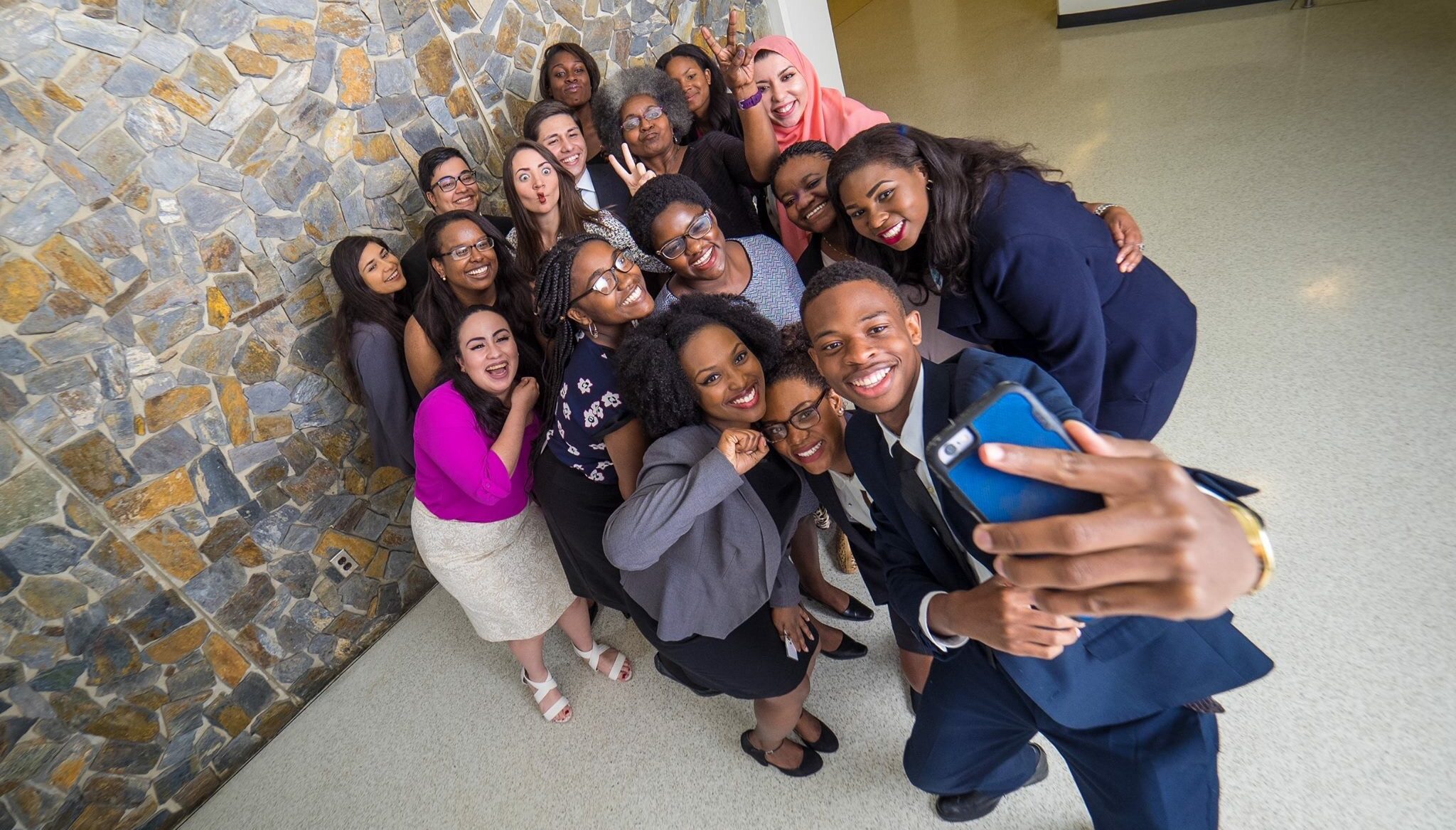
This summer, political science major Priscilla Torres ’17 got a taste of graduate school at the Ralph Bunche Summer Institute at Duke University, which prepares undergraduates from under-represented racial and ethnic groups for doctoral study in political science. The rigorous, five-week experience included graduate-level coursework, skill-building in data analysis and research methods, GRE test preparation, networking sessions, and a final research paper. Torres’ paper, Beyond Victimization: Assessing Relief and Recovery Under UNSCR 1325, was one of seven chosen for presentation at the American Political Science Association’s (APSA) annual meeting, a top conference in the field. Torres spoke with BCLA about her experience at the Institute.
What interested you in the Ralph Bunche Summer Institute?
Two of my mentors, Dr. Edward Mosteig and Dr. Jennifer Ramos, referred me to apply for the program. I wanted to attend to learn more about political science, and to discern whether I wanted to pursue a doctorate in the field. RBSI seemed like the perfect opportunity to be able to do that while gaining research experience on an independent project.
How did it go?
RBSI challenged me in many ways. Taking two graduate level courses – a race and ethnic politics course and a quantitative methodology course – I had to complete a strenuous amount of work within a short period of time. Although it was difficult, RBSI showed me that I am capable of doing well in a graduate program. I also learned that the field of political science is an ever-evolving discipline with many questions that have yet to be answered. Being in an environment with people who are curious about similar questions about the world was absolutely wonderful; we would sit and discuss literature and our project ideas, constantly learning from each other. We not only learned how to teach ourselves, but we also learned how to teach each other.

What drew you to political science originally?
I have been interested in politics for almost as long as I can remember. When I was five years old I wanted to be president of my school, a goal that would eventually come into fruition. Growing up, my grandmother and I would read current events articles together and get into critical discussions. I switched my major to political science after my freshman year of college with these thoughts in mind, asking myself: what is the first thing that I think of when I wake up in the morning? What is the last thing I think about before I go to sleep? What is it that makes my blood boil in such a way that nothing seems quite as important to me? The answer was politics and current affairs.
What are your favorite political science experiences you’ve had at LMU?
The summer prior to my sophomore year of college, I participated in the Tomodachi Inouye Scholars program, a two-week Japanese immersion program, through LMU. That was my first hands-on experience with international politics. The experience, especially visiting Hiroshima and meeting an atomic bomb survivor, deeply impacted me and framed my perspective on political science. “Introduction to International Relations” with Dr. Kerstin Fisk was the first political science course I took. I often say that it “broke me in the best way possible.” Never had I been so interested in learning more about a topic. From there, I became immersed in international relations and political science, actively seeking opportunities to learn more and do more. I acted as a research assistant, participated in the Summer Undergraduate Research Program, completed an internship in Washington, D.C., and became a McNair Scholar. During my junior year at LMU, I took “International Security” with Dr. Jennifer Ramos, a global immersion course that takes a trip to Northern Ireland to study peace-building. It was through that course that I got a glimpse of the importance of field work, bridging the gap between theory and conditions on the ground. The international security course helped my interests to blossom, prompting me to think deeply and critically about security, peace and conflict.
You’re about to be a senior. What are your post-LMU plans?
I hope to pursue a doctorate in political science with an emphasis in international relations. Hopefully in the future I will be able to pursue questions regarding institutional effects on security, peace and conflict, exploring the effects that top-down policies and institutions have on civilians. I also hope to pursue questions on the topic of gender in international relations. I aspire to become a professor so that I am able to pursue questions I am passionate about and, simultaneously, help to educate not only future generations of political scientists, but students more broadly. Research in international relations has the ability to evoke change in the world; in a world where it is so easy to allow personal preferences to get in the way of acting in a way that promotes the most good for the most people, it is critically important to approach political topics through an objective lens.
Anything else?
My experiences at LMU, through my political science courses and a number of other experiences, prepared me to not only survive RBSI, but also do well enough to be invited to present at APSA. It is because of a number of people: Dr. Jennifer Ramos, Dr. Edward Mosteig, Dr. Kerstin Fisk, Dr. Feryal Cherif, Dr. Curtiss Takada Rooks, Dr. Carl Urbinati, the Center for the Study of Los Angeles, the McNair Scholars Program and a slew of other people and experiences that I was equipped with the tools to learn how to teach myself in a high stress environment. They say it takes a village to raise a child. I believe that is completely true. The individuals listed above have raised me, so to speak. Maybe I did not go into RBSI knowing how to code or knowing how to formulate a theory, but I was able to teach myself how to accomplish such tasks and I was okay with the failure that might arise during the process because I have mentors at LMU who push me to strive for the more, the magis.



